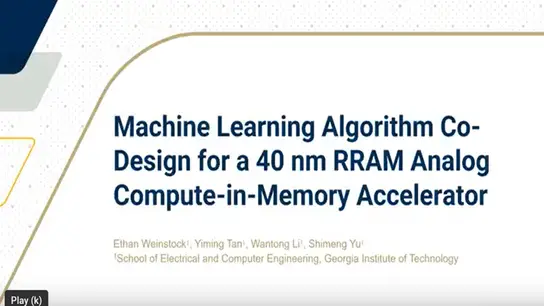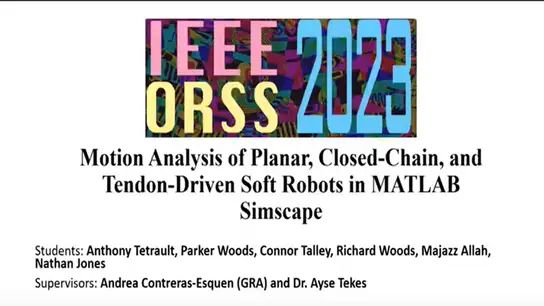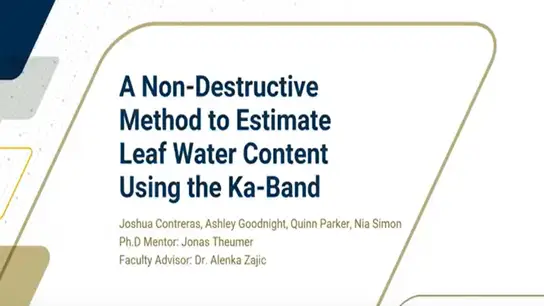WEH: RF Energy Harvesting Friendly Self-Clocked D-LDO For SoC IoT
Christos Konstantopoulos, Thomas Ussmueller
-
Members: FreeRFID
IEEE Members: $11.00
Non-members: $15.00Length: 00:14:43
27 Apr 2021
Digital Low Drop-Out regulators, in contrast to analog counterparts, provide an architecture of sub-1 V regulation with low power consumption, high power efficiency, and system integration. Towards an optimized integration in the ultra-low-power System-On-Chip Internet of Things architecture that is operated through a Radio Frequency energy harvesting scheme, the D-LDO regulator should constitute the main regulator that operates the master-clock and rest loads of the SoC. In this context, we present a D-LDO with linear search coarse regulation and asynchronous fine regulation which incorporates an in-regulator clock generation unit that provides an autonomous, self start-up, and power-efficient D-LDO design. In contrast to contemporary D-LDO designs that employ ring-oscillator architecture which start-up time is dependent on the frequency, this work presents a fast start-up burst oscillator based on a highgain stage with wake-up time independent of coarse regulation frequency. The design is implemented in a 55-nm Global Foundries CMOS process. With the purpose to validate the selfstart- up capability of the presented D-LDO in the presence of ultra-low input power, an on-chip test-bench with an RF rectifier is implemented as well which provides the RF to DC operation and feeds the D-LDO. Power efficiency and load regulation curves of the D-LDO are presented as extracted from the RF to regulated DC operation. The D-LDO regulator presents 83.6 % power efficiency during the RF to DC operation with 3.65 uA load current and voltage regulator referred input power of -27 dBm. It succeeds 486 nA maximum quiescent current with CL 75 pF, maximum current efficiency of 99.2 %, and 1.16x power efficiency improvement compared to analog voltage regulator counterpart oriented to SoC IoT loads. Complementary, the transient performance of the D-LDO is evaluated under transient droop test and the achieved Figure-Of-Merit is compared with state-of the-art implementations.


